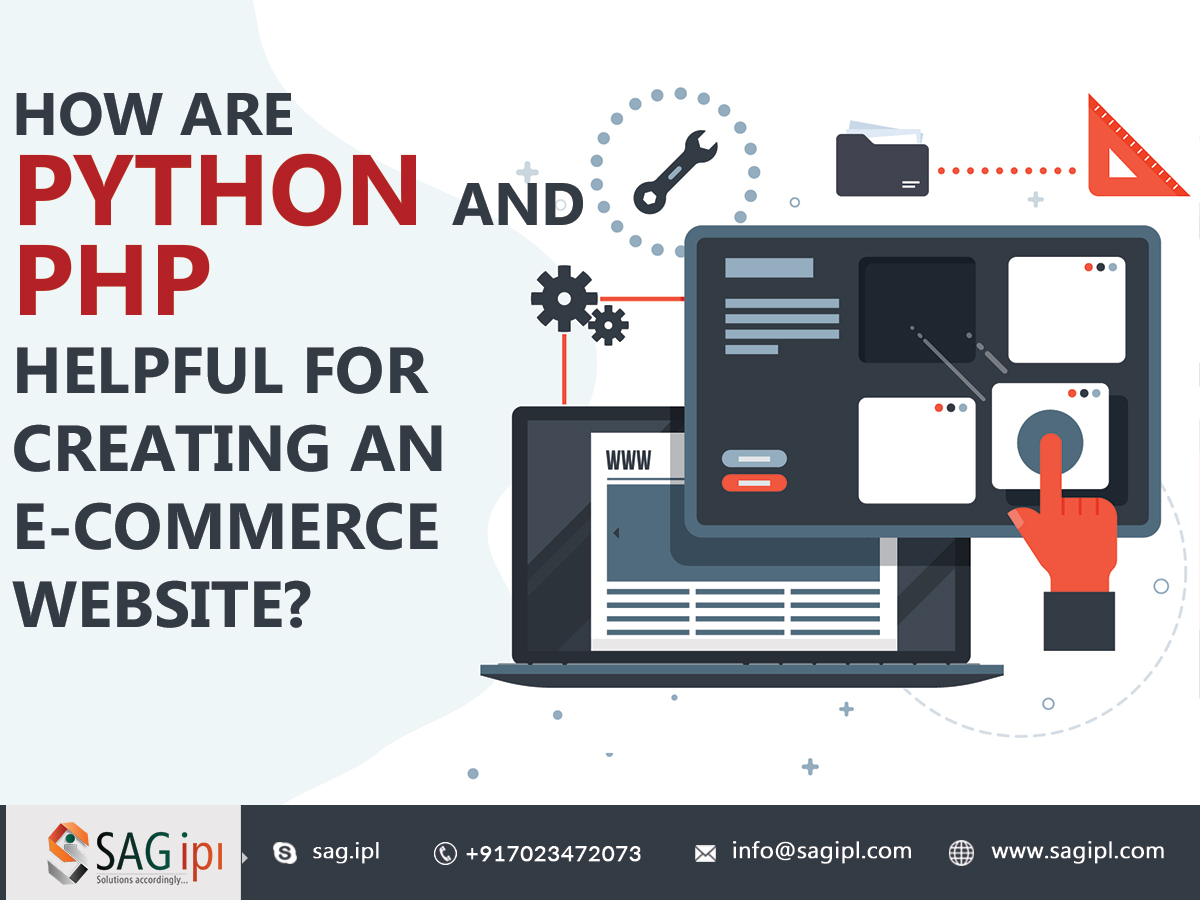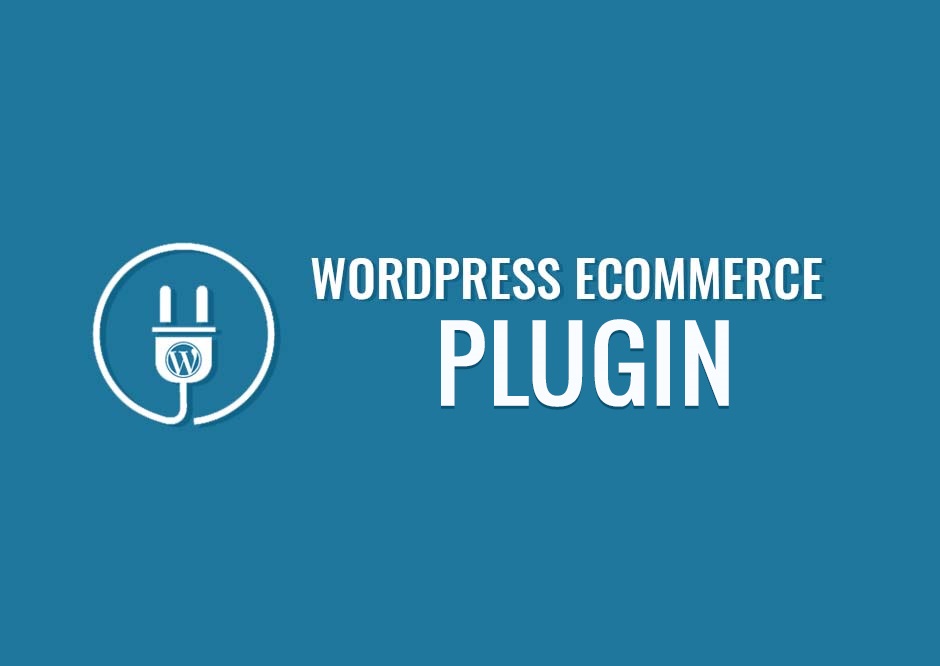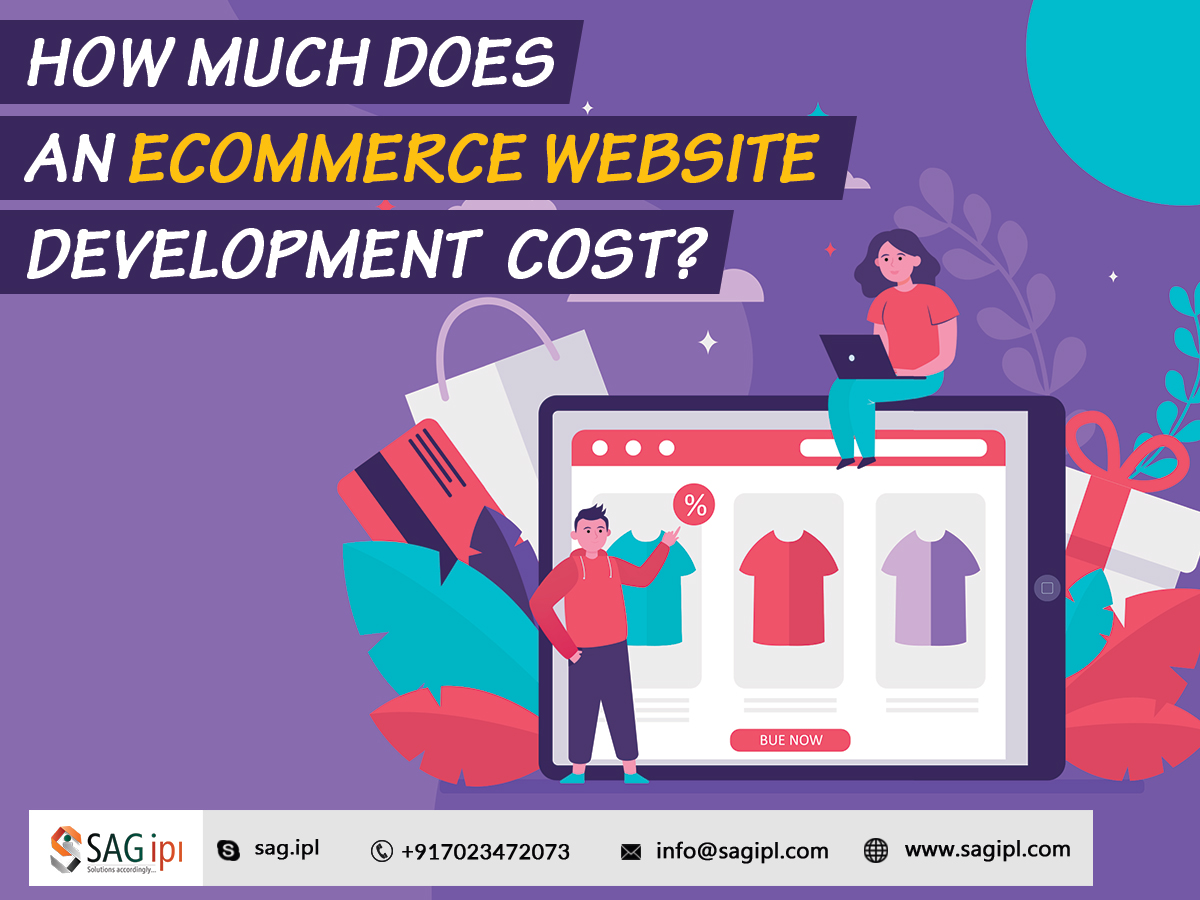The e-commerce market is growing up at a rapid speed along with technology. According to the U.S. Census Bureau, the sales figure of e-commerce web portals has reached $284.1 Billion, which indicates that it will soon rule the roost.
Today, every business wants to make its online presence too, as it is the fastest way to get connected with a lot of consumers.
It may seem easy to build an e-commerce website today, as there are many options available in the market. But, things get a bit complicated, when it comes to choosing one of them. So, here we present you a list of the most popular eCommerce platforms for every business.
Most Popular eCommerce Platforms in 2024
WooCommerce
WooCommerce is basically a free WordPress plugin, which allows the user to get every benefit related to eCommerce plugins for WordPress.
This platform is being used by over 13 million users across the world, and it has been ranked in the top development platform lists.
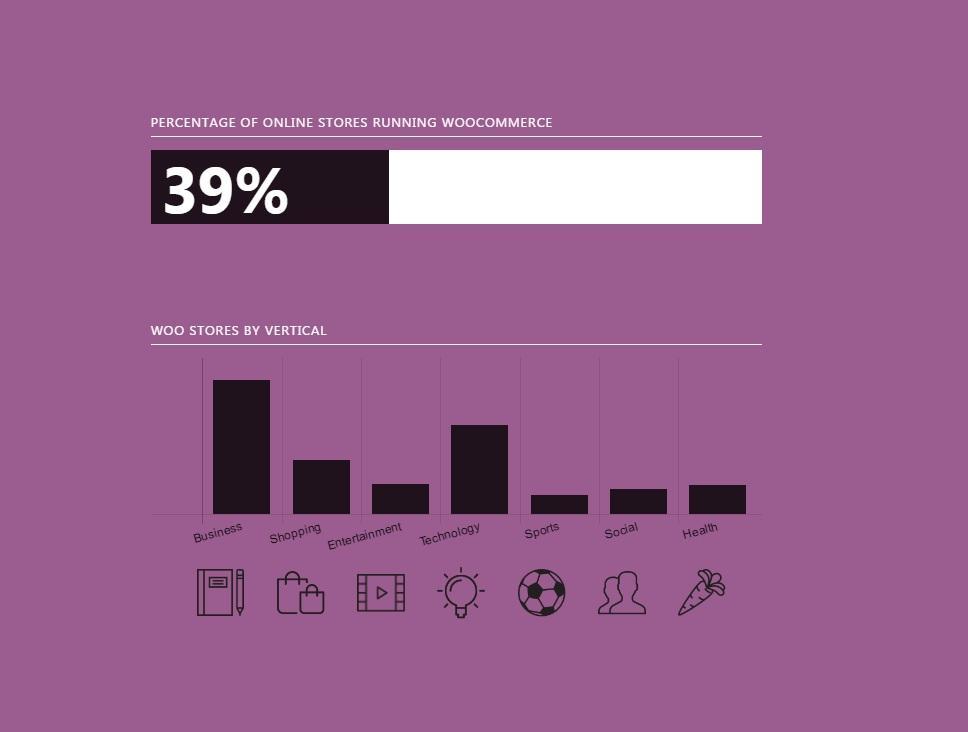
The users, who use WordPress do not need to change to any other platform to use Woocommerce.
If you are going to develop a content-based website, or if you are going to blog more regarding your goods and discounts, WoCommerce is the best platform compared to Shopify or Magento.
Shopify
Shopify has been voted as the best e-commerce platform till now because of its easy setup, faster loading speed, and secure payment gateways.
It provides instant solutions for e-commerce aspirants to launch their websites in very little time.
Shopify delivers everything that’s needed to launch a website straight from domain name choosing to ship integration.
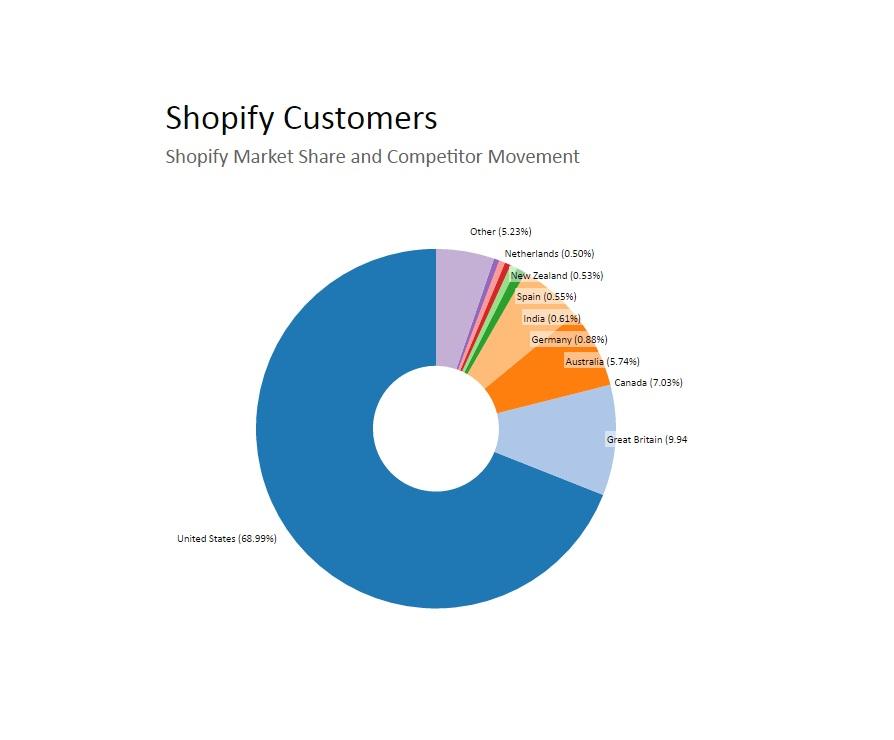
Along with Shopify, basic tasks like Adding products, design customization, domain name setup, shopping and tax rates, and payment settings can be done in very little time.
Moreover, you will not need any development team, and only a support team will be enough to get your work done.
Zencart
Zencart is an online eCommerce platform, which makes use of MySQL database and has been designed especially for online merchants.
It avails 100s of pre-built add-ons, which can be downloaded and customized as per your use.

The user can also set preferred currency settings, time zone, taxes, and language as per the requirement.
Moreover, you can also track down the performance of your products as well. It also features products with multi-language functionality as well as secure payment processing gateways based on PayPal and FirstData.
Magento
Magento is undoubtedly one of the most popular eCommerce platforms.
The framework made its debut as Magento go and later introduced an upgraded version of Magento 2.0. It holds more than 29% of the market share and still is growing rapidly.
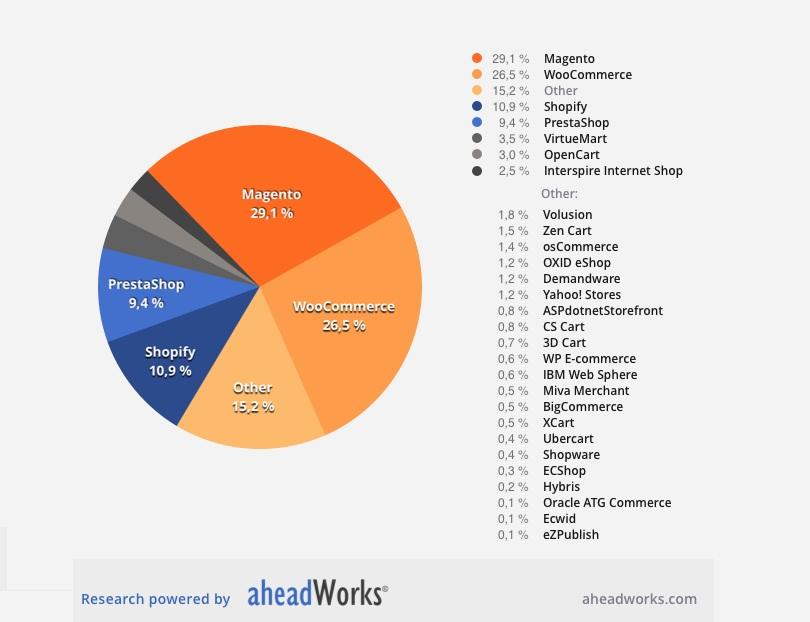
It is an open-source technology-based e-commerce platform that provides online businesses with a flexible and scalable online store along with complete control over the content, functionality, and looks of the web portal.
Related: WooCommerce vs Magento
osCommerce
osCommerce may not be a powerful contender in the list, but it does have certain qualities, which makes it a preferable option for many users.
The first quality among them is its price, it is comparatively cheap and can be downloaded easily.
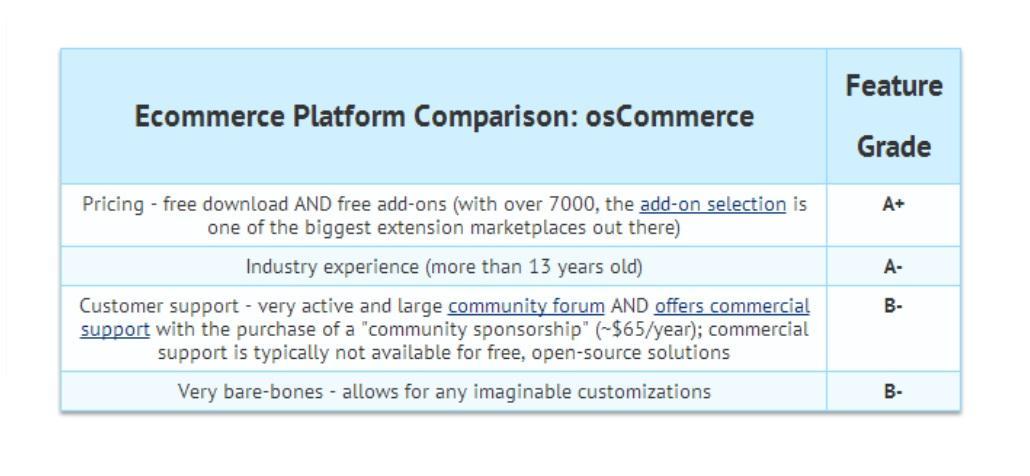
The second quality of the following framework is that it doesn’t need an expert coding team for design and customization.
Most of the updates for OsCommerce-built stores are also available free of cost.
Joomla eCommerce
Joomla is basically a free and open-source content management system (CMS), which has been developed to make the development of e-commerce platforms easier and faster.
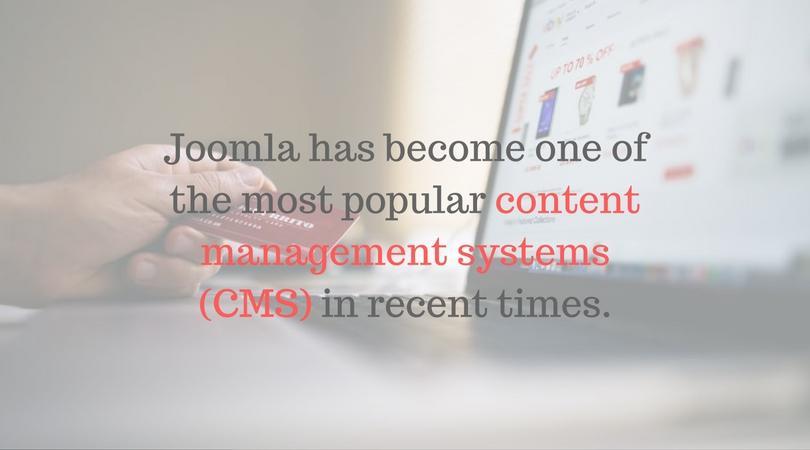
It has been downloaded over 78 million times across the globe till November 2016, which means it is getting used by a lot of developers.
Moreover, it also features page caching, RSS feeds, printable versions of pages, news flashes, blogs, search, and support for language internationalization.
Prestashop
Prestashop is also an open-source e-commerce development platform, which can be easily downloaded and utilized to build your own e-commerce website.
If your site is getting built by using this platform, it will gain additional visibility in search engines, because of its SEO-friendly website nature.
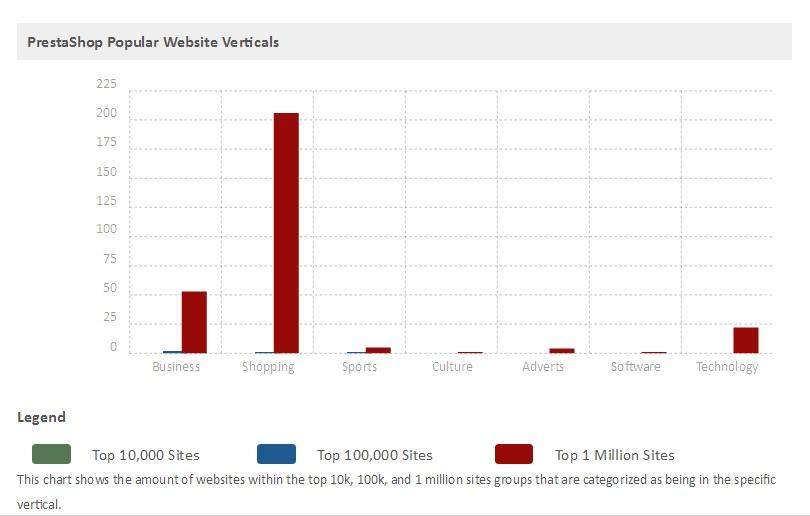
This platform is being used by over 125,000 online stores, which means if you are thinking of going with this framework, you have a big panel of developers to help you out in coding.
It supports 40 languages and you are also allowed to purchase the paid version of it via the Prestashop store.
OpenCart
OpenCart, as its name resembles, is an open-source digital platform, that is dedicated to making the development of e-commerce websites easier.
It offers a good set of features, which offers an organized manner for order processing and robust catalog functionality.
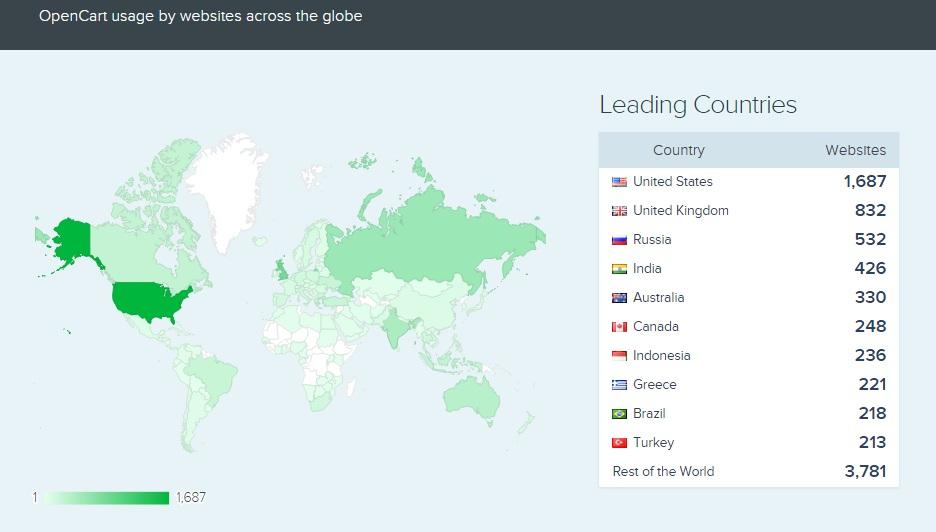
It is free to use the platform but additionally paid extensions are also available to use in it that suits your business.
It is blessed with a user-friendly interface and also packs its own ‘How to use’ guide to ensure that work more easier on it.
BigCommerce
BigCommerce has its own importance in the development platform market.
Its latest version BigCommerce Next (BCN) has made its position more stable in the e-commerce shopping cart development platform.
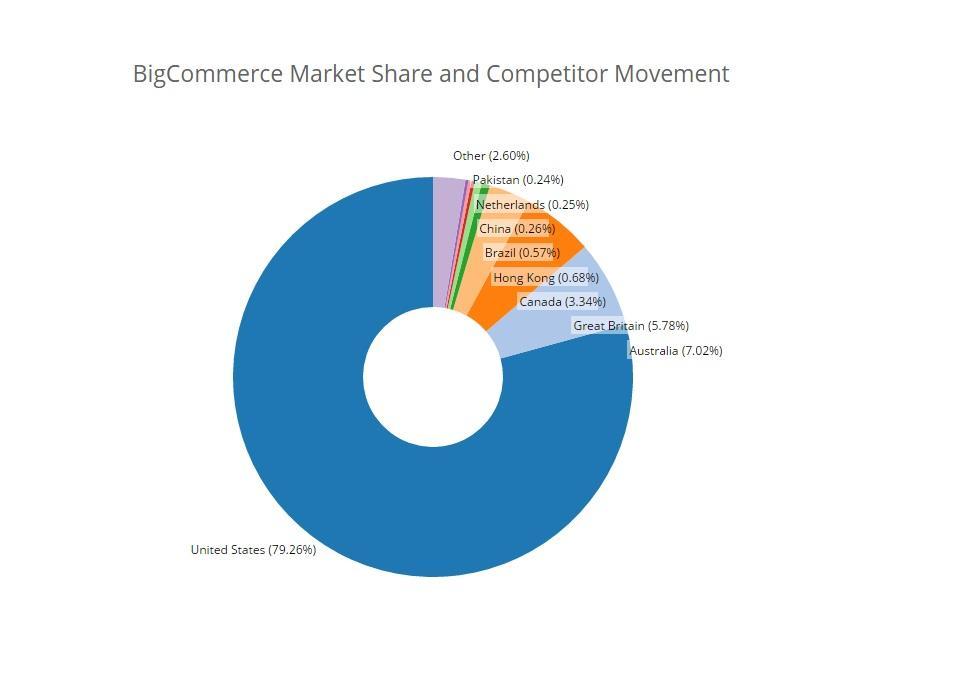
Additional features of BigCommerce Next include an exclusive framework for blogging, a variety of responsive themes on offer unlike its competitors, integration with Google Trusted Stores, updates in the BigCommerce app store, and a traffic system that simplifies multiple marketing tasks.
Drupal Commerce
It is a powerful open-source content management system (CMS), which is blessed with the facility to build powerful online stores with easy installation and support.
It is blessed with an easy-to-use user interface along with an instructional guide to making your work easier.
It comes with an easy-to-use administration system and is capable of handling some of the more complex payment models, like those that are subscription-based.
Squarespace
Squarespace is popular for its sleek drag-drop elements that make a website very appealing.
They offer numerous features for the development of e-commerce websites. Features like multiple variants and SKUs are common work aspects of Squarespace.
They offer custom templates and have created more than 1 million websites.
It was started to create blogs but developed over time and started other web development services.
Conclusion
eCommerce Platforms are doing great, there are thousands of eCommerce stores and the numbers are growing at a rapid pace. The covid-19 pandemic also supported these stores and now people are buying everything from these eCommerce sites.
Since eCommerce websites are growing, the platforms and ideas of getting a store online are also spreading among businesses. Thus, it is expected that the future of these most popular eCommerce platforms will be brighter and bigger than it is now.



